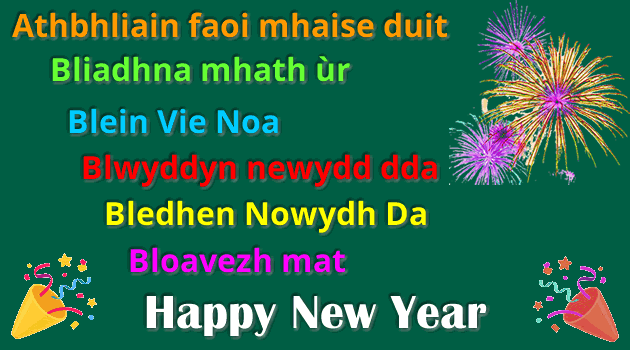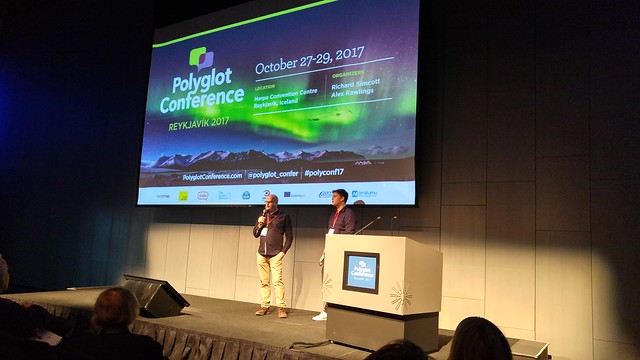Podcast: Play in new window | Download
In this episode we look into the possibly Celtic roots of the word phoney, and find out how it is connected to words for ring and related things.
The Proto-Celtic word *ānniyos means ring, and comes from Proto-Indo-European *h₁eh₂no- (ring). [source].
Descendents in the modern Celtic languages include:
- fáinne [ˈfˠɑːɲə/ˈfˠæːn̠ʲə] = ring, circle, ringlet, curl or halo in Irish.
- fàinne [faːn̪ʲə] = ring, ringlet or circle in Scottish Gaelic
- fainney = circle, puck, wreathe or ring in Manx
The English word phon(e)y (fraudulent, fake) possibly comes from the old slang word fawney (a finger ring, a gilt brass ring used by swindlers), from the Irish fáinne (ring) [source].
The Hiberno-English word fainne [ˈfɑnjə/ˈfɔnjə], which refers to a pin badge worn to show fluency in, or a willingness to speak Irish, also comes from the same Irish root [source]. More information about the fainne badge: https://en.wikipedia.org/wiki/Fáinne
Other words from the same PIE root, via the Latin ānus (ring, anus) include annular (ring-shaped, banded/marked with circles) and anus in English, անուր (anur – collar, oppression, yoke) in Armenian, anneau (ring) in French, and anello (ring, link) in Italian [source].
You can find more details of words for circles, rings and related things on the Celtiadur blog. I also write about words, etymology and other language-related topics on the Omniglot Blog.
Radio Omniglot podcasts are brought to you in association with Blubrry Podcast Hosting, a great place to host your podcasts. Get your first month free with the promo code omniglot.







